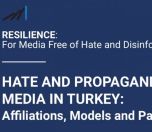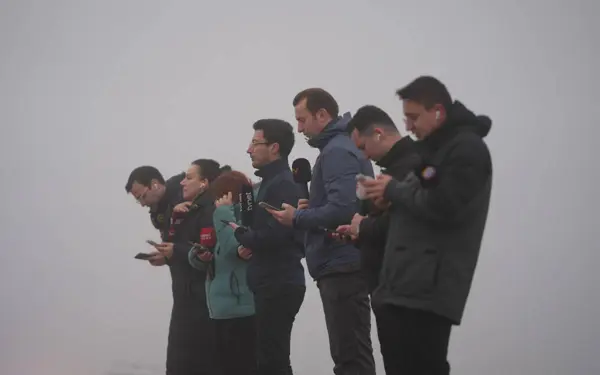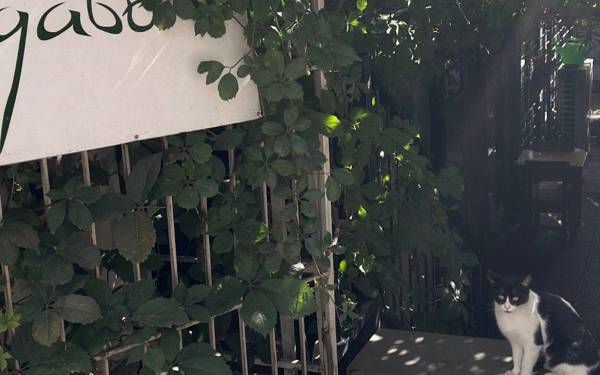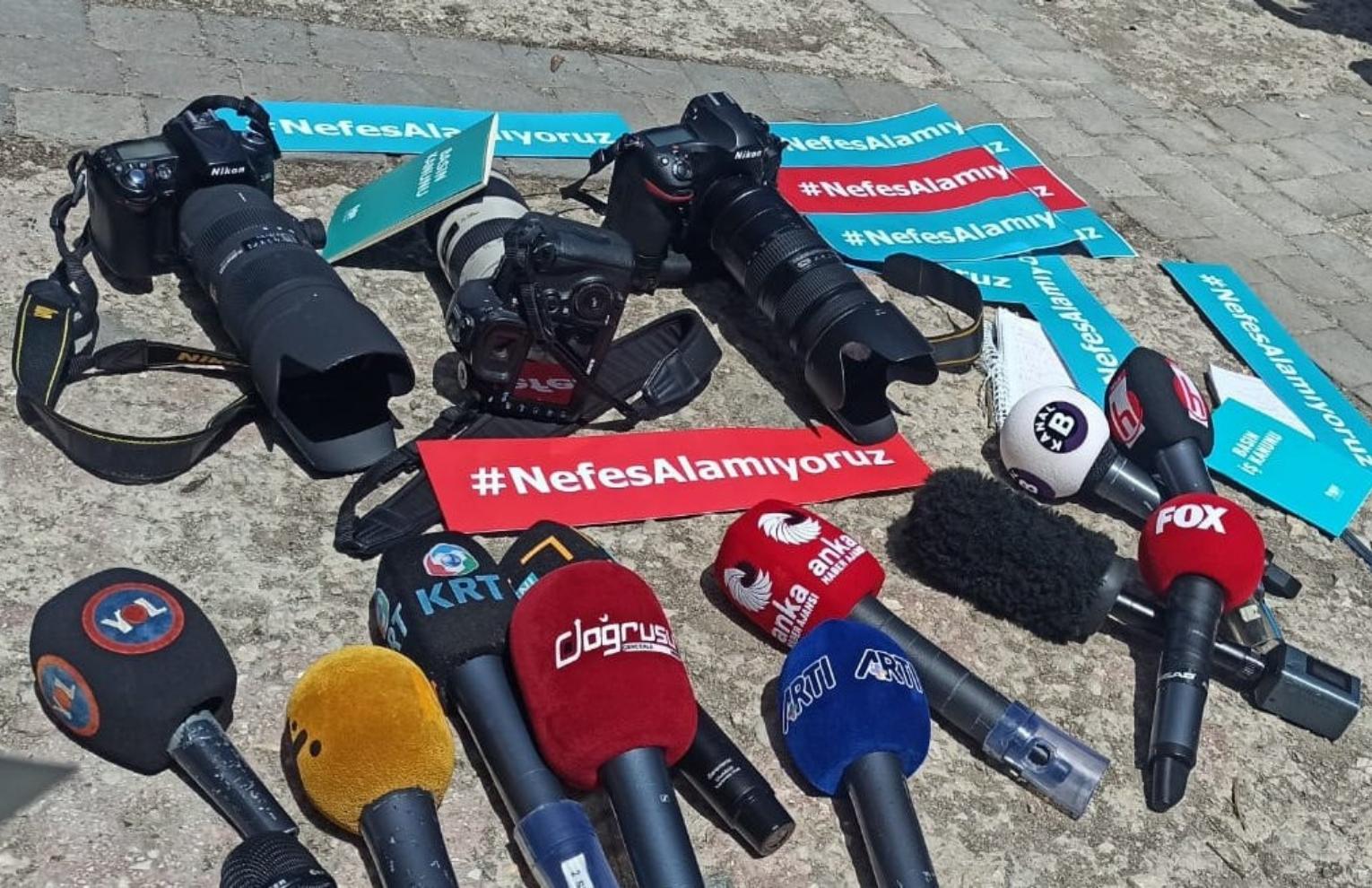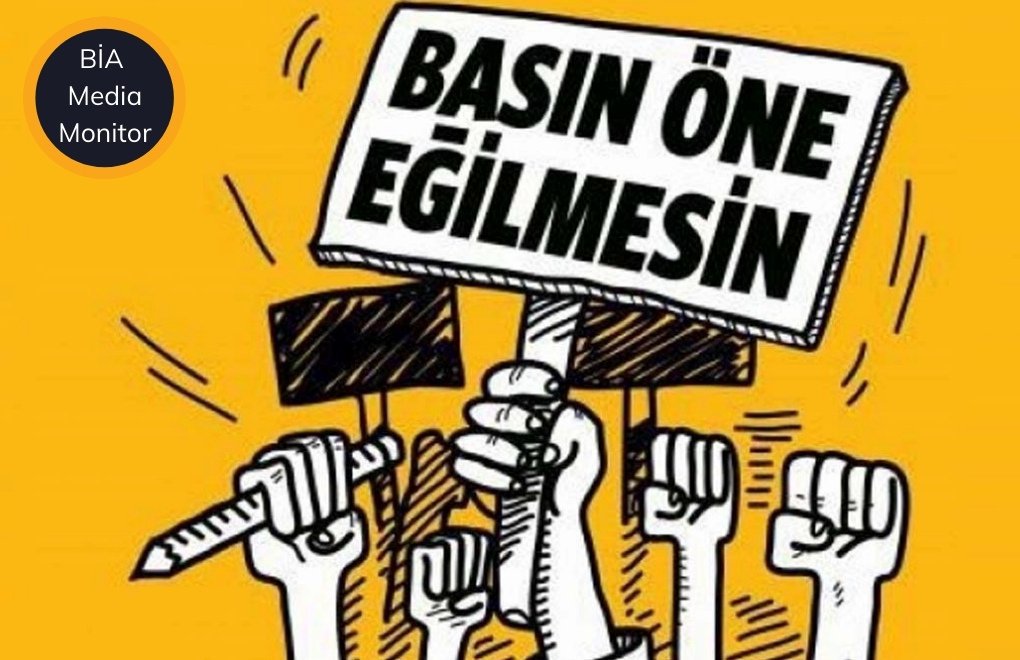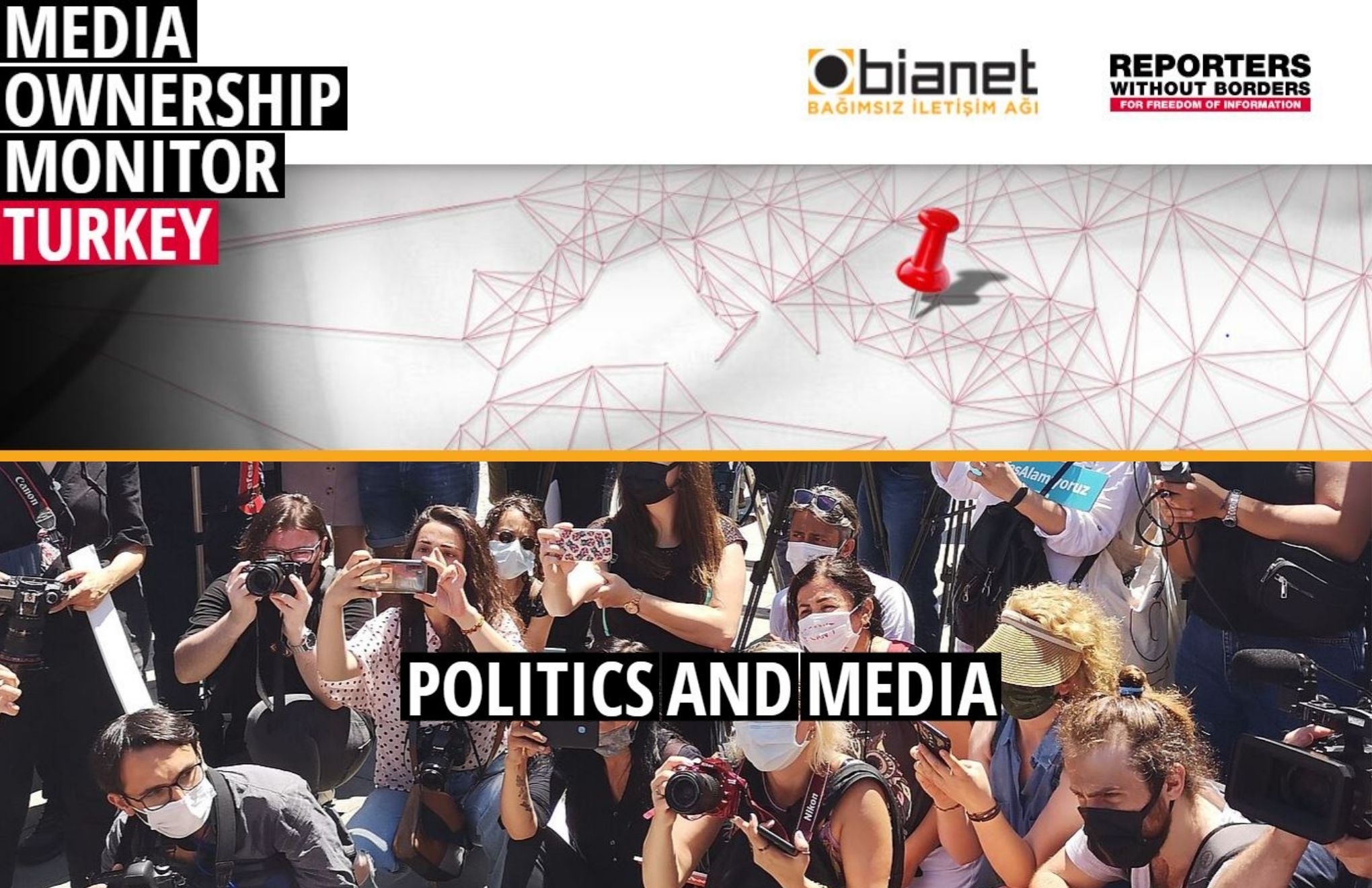"RESILIENCE: Civil society action to reaffirm media freedom and counter disinformation and hateful propaganda in the Western Balkans and Turkey"
* Image: Yağmur Karagöz - bianet
Click to read the article in Turkish
"A self-regulatory body should be founded and developed by civil society to monitor online media in order to render hate speech and disinformation visible.
"Civil society organizations monitoring the media should establish a voluntary support mechanism in order to contribute to the efforts of independent fact-checking platforms countering disinformation and to work together with these platforms.
"Monitoring efforts should not be limited to the media organizations known to generate hate content; the online media accounts and Twitter accounts of the platforms that claim to publish and broadcast independently should also be monitored."
These calls have been made in the "Hate and Disinformation Narratives in the Online Mediascape in Turkey" research that we have conducted as part of the Resilience (Direnç) Project.
What is Resilience?
"RESILIENCE: Civil society action to reaffirm media freedom and counter disinformation and hateful propaganda in the Western Balkans and Turkey" project is s coordinated by the South East European Network for Professionalization of Media (SEENPM), a network of media development organizations in Central and South East Europe.
The project is implemented in partnership with Albanian Media Institute in Tirana, Foundation 'Mediacentar' in Sarajevo, Kosovo 2.0 in Pristina, Montenegro Media Institute in Podgorica, Macedonian Institute for Media in Skopje, Novi Sad School of Journalism in Novi Sad, Peace Institute in Ljubljana, and IPS Communication Foundation/ bianet in Istanbul.
This study, a continuation of our first report entitled "Hate and Propaganda Media in Turkey: Affiliations, Models and Patterns", is based on the research that we conducted from August to October 2020. As for the cases cited in this study, they are from the period between June 2019 and June 2020. For the analysis of these cases, we reviewed not only the video-news on online platforms but the Twitter comments for each one of these cases.
Hate and disinformation narratives
As part of the research, three main groups were specified as "refugees", "political opposition" and "journalists''. The third group was to be specified by individual countries. We specified this group as "women".
Considering the allegations and disinformation about the İstanbul Convention as well as the bianet male violence monitoring reports, we were sure that the category of "women'' was a suitable category for Turkey and we gave examples about the hate speech towards LGBTI+s in the first report. Even though we touched upon a small part of the general narratives, we gave examples from the hate narratives and disinformation about these groups as much as it was allowed by the format of the report.
Similarly, this study exemplifies that the hate content which seems to target a single person or group broadents out into hate speech which targets all "others" (and always leaning on the official ideology).
Therefore, we once again exemplify how "stereotyping", "prejudice" and "discrimination" overlap with "Othering" when we specifically analyze the language of hostility in terms of hate speech.
Syrian refugees
The representation of Syrian refugees comes to the fore although Turkey hosts asylum seekers from Afghanistan, Iraq and other countries. For this reason, we chose "Syrian refugees" as the first target group. For this analysis, we analyzed the user comments under two video news published on the YouTube channel of the BBC Turkish in the aftermath (October 9-21) of a cross-border military operation into northern Syria, officially known as "Operation Peace Spring" and launched on 9 October 2019.
The militaristic language accompanying the user comments was reinforcing hate narratives as follows: "Our children should not fight for Syria while there are young Syrians around." To top it all, users were saying the following in brief: "If there is war, some must be killed, Syrians must be the ones who fight for Syria and be martyred!"
Political opposition
In order to analyze the hate narratives and user comments targeting "political opposition", we chose the news about "Devran", a book by Selahattin Demirtaş, the jailed former Co-Chair of the Peoples' Democratic Party (HDP), which was adapted for the stage. For the analysis, we focused on the comments under the video news of two independent media platforms, Medyascope and T24, on their YouTube channels. In the general narrative of this case, the "terror" discourse against the HDP was targeting the main opposition Republican People's Party (CHP): "Again CHP: [...] Atatürk's party goes to watch the terrorist's theatre," commented one of the users. The summary of the analysis on political opposition was the following: "The political opposition is not working for the best interest of the country."
Journalists
We considered the category of "journalists" to be the "journalists not supporting the pro-government policies" in Turkey. In this category, we focused on the news regarding the "unlicensed" property of Can Dündar. As these news were mostly reported by the pro-government media, we analyzed the news published on haber7.com news website and the comments under the news report. Some of the comments were as follows: "Espionage against the country, and being a person of property. This only happens in Turkey", "Why is this traitor's property still not confiscated?". Users were saying the following in brief: "Critical journalists deserve punishments because they do not defend the national unity."
İstanbul Convention and women
Lastly, in order to show how women are targeted in various comments based on criticisms and allegations about the İstanbul Convention, we analyzed the user comments under two video news published on the YouTube channel of AkitTV, which usually ranks first in the lists of hate speech. With this analysis, we pointed out the disinformation produced and disseminated around the main narrative of "with the rights the Convention provided for the women, they will be the reason for the destruction of the family structure."
Urgency of monitoring, regulatory mechanisms
As indicated in several studies on media and hate speech, our "Resilience" report also notes that hate speech includes profane language against Syrian refugees and that the hostile language towards political opponents of the government and critical journalists goes along with death threats and humiliation, respectively. Moreover, when it comes to the discriminatory language against "women", we see that users are (for instance) tagging the state actors on Twitter when they want to target those defending the İstanbul Convention while publicly commenting on the issue.
Another noteworthy conclusion of the report is this: When we consider the comments made on content posted in online media, it is seen that comments containing hate language mostly take place in independent media that do not directly produce hate content. For this reason, we have offered it as a policy recommendation to remove readers' and/or viewers' comments for some news articles and/or videos published by independent media.
In the report, we have also stressed that though new regulations on social media have come into force in Turkey, they do not include any legislation regarding hate language in online media and communication platforms. We have, thereby, argued that a self-regulatory mechanism is needed to combat hateful messages and disinformation disseminating online.
Click here for detailed information about the project
Click here for the first report in English
Click here for the first report in Turkish
Click here to access or download the second report in English
Click here to access or download the second report in Turkish
RESILIENCE Project (August - October 2020)
Hate and Disinformation Narratives in the Online Mediascape in Turkey
Author: Sinem Aydınlı
Editor: Brankica Petković
Translation/Proofreading: Sinem Aydınlı
Publishers: SEENPM, Tirana, Peace Institute, Ljubljana and bianet, Istanbul
(SA/NÖ/SD)




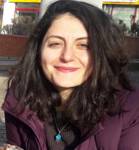
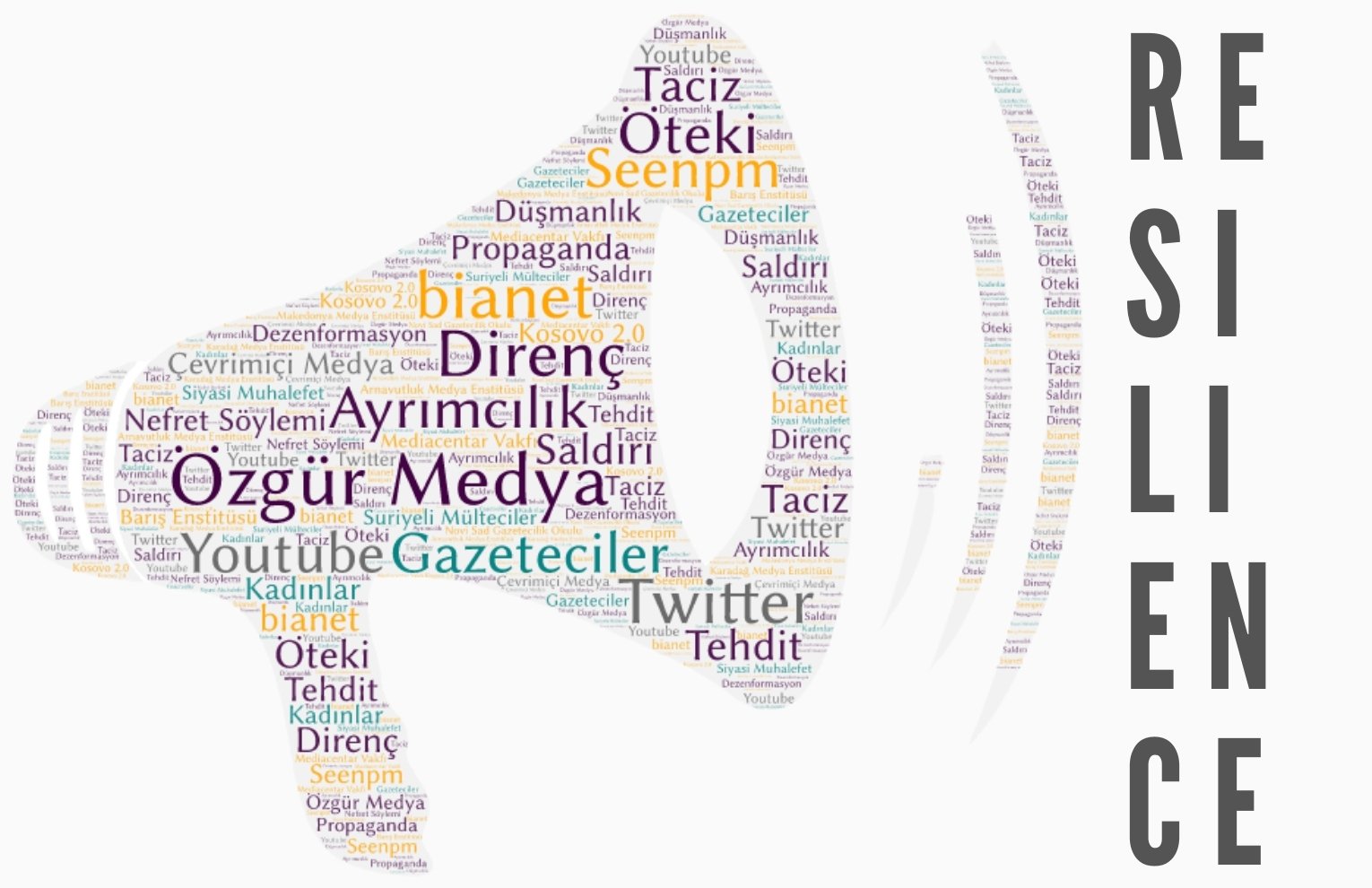
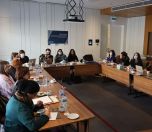
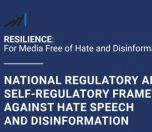
.jpg)
